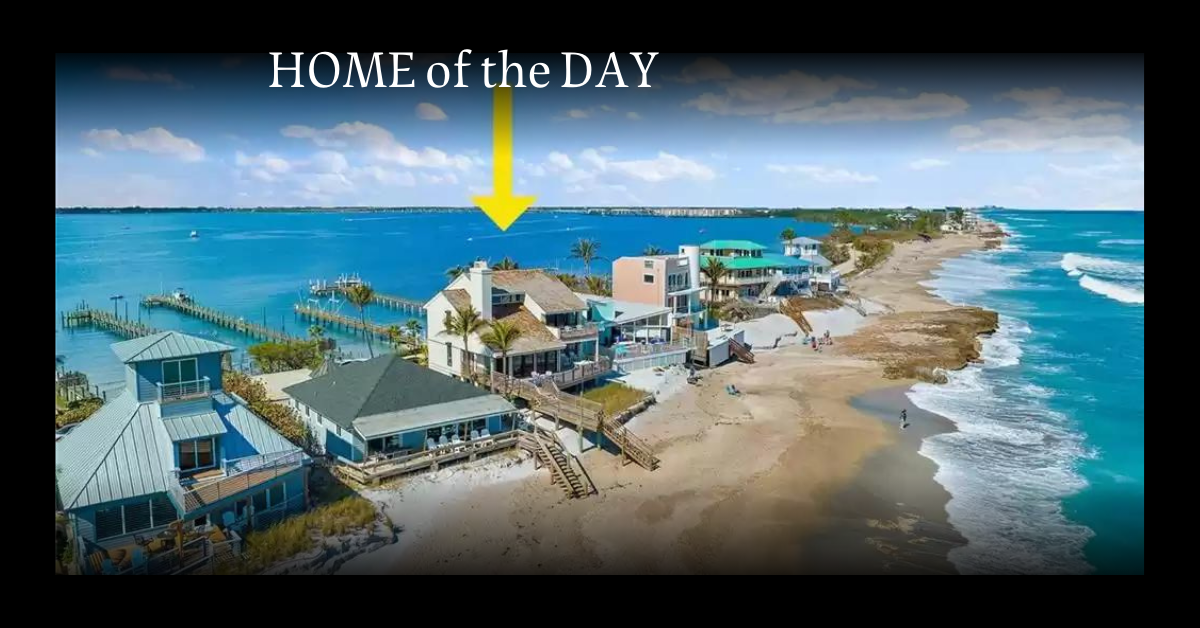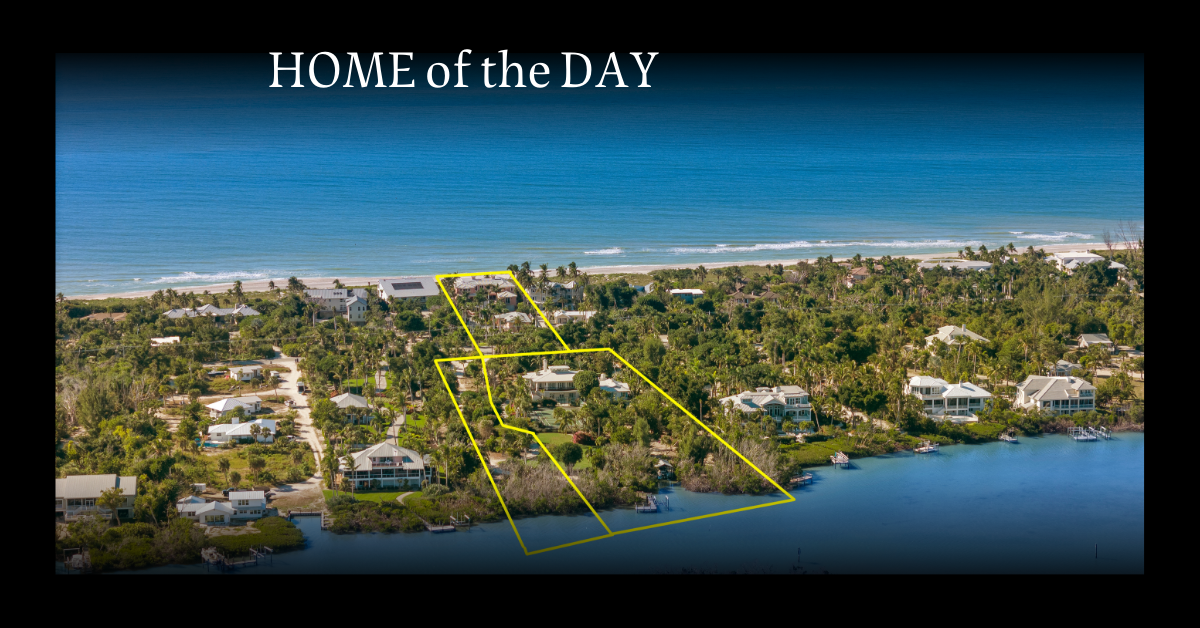Denise Bellore, associate broker at Keller Williams Paint Creek, has experienced firsthand the ebbs and flows of the real estate market. She has proven herself alongside the ever-changing trends in the economy, the housing market and even advancements in technology. While these events have caused some real estate agents to leave the business, it is in spite of it, that Denise is at the top of her game.
Denise leads the Denise Bellore Group with the vision of collaboration, mentoring and encouragement for growth and education. “We are heavy on learning and helping each other to reach personal goals,” Denise said. “We respect each other and take real approaches to life and work. We are strong in more ways than the numbers.”
The bottom line for Denise is that it’s never too late to find success in real estate. “It’s never too late to give generously and live generously,” Denise said. “I always say, ‘it’ll all work out,’ and somehow it always does — especially with an open mind and a positive attitude. You’ve got to have faith in the business, faith in the wins and faith in the losses.”


The practice is not new, but the frequency and acceptance of pocket listings has grown.
By Camilla McLaughlin
Off market … private listing … coming soon. These phrases in high-priced markets characterize properties offered for sale, but not publicly listed in the traditional manner in the MLS. The way these listings are perceived has changed significantly in the last 10 years.
Even after the advent of formalized platforms such as the MLS, the most expensive properties were often closely held, giving rise to the term “hip-pocket” listing. Traditionally, in the industry, pocket listings have evoked concern that unscrupulous agents would keep them in house and pocket the entire commission.
Post recession, the number of pocket listings seemed to increase exponentially; most in the industry remained skeptical. Today, the terms “off-market” or “private” listing are often used instead of pocket, and, in a number of places, it is becoming an acceptable — some would even say savvy — marketing strategy.
“Now I’ve noticed it’s really changed and it’s a lot more accepted,” says Patrick Ryan, senior vice president and managing broker, Related Realty, Chicago.
“It’s certainly become a very big part of our market, and it’s not something we’re necessarily driving. We’re being led by what the sellers want,” says Chris Dyson with The Agency in Beverly Hills.
In a survey of members conducted by the Institute for Luxury Home Marketing (ILHM) for Unique Homes, an overwhelming majority, 97 percent of agents responding, said private listings were part of their market. A third indicated there were only “a few,” while 17 percent saw it as a growing trend.
“As I travel around the country training agents from a variety of other states, I hear differing opinions,” says Florida agent Tami Simms with Coastal Properties Group International in St. Petersburg, who is also a trainer for the Institute. “In some markets, it works in a positive way, and in some markets, it’s considered to be underhanded.”
In the ILHM survey, 38 percent of respondents agreed that industry professionals looked more
favorably on off-market listings. About a quarter disagreed with this statement, while 35 percent neither agreed or disagreed.
The latest twist in off-market properties are platforms and professional networks, accessible only to licensed agents, designed to facilitate the sharing of information. The Top Agent Network, a national affiliation of agents in the top 10 percent of the market, is a forum for premier agents to exchange information. Additionally, networks formed just to publicize off-market properties are popping up in hot market cities such as Austin.
In August, several agents from The Agency in Beverly Hills launched thepls.com, the Private Listing Network. In little more than six months, the network claims 600 active listings worth $3 billion. Approximately 5,000 agents have signed on to the service. “Information shared on the platform is information they already email to one another on a daily basis,” says Dyson, who founded the network along with James Harris and Mauricio Umansky of The Agency.
“We have always had off-market activity. However, I think it is even greater right now,” says Meghan Bach with Colorado Landmark, Realtors in Boulder. Not only have they become more common, but there is greater acceptance among consumers. “People used to think they were Realtor-driven and that the listing agent was trying to double-end the sale. This is very much not the case today. It is seller-driven,” says Bach.
Ask agents about off-market practices and responses vary by location. In Palm Springs, Lucio Bernal with Coldwell Banker Residential Brokerage says, “We typically do not see off-market as being common in the valley. Privacy does not seem to be an apparent issue here.”
On the other hand, in Los Angeles’ platinum locales, Bob Hurwitz, founder and president of Hurwitz James Company, says, “Off market, a.k.a. pocket listings, have become so popular that the terms are basically oxymorons. It is frankly ludicrous.”
Technology also plays a role in this trend. “There have always been pocket listings, but it’s a little more evident now because of our electronic world and the fact that information is so immediate and widespread. The truth is if a house is of any substance, it generally doesn’t remain private,” says Joyce Rey, executive director, Coldwell Banker Global Luxury.
Lack of inventory is also boosting interest in private listings. Boulder has seen 10-plus percent appreciation year-over-year since 2013; demand still far exceeds inventory. “Good products fly off the shelf, so having a pocket that brokers chat about, and get under contract fairly hassle-free is ideal for sellers, particularly in the high end,” says Bach.
In Atlanta, Jaime Turner and Heather Armstrong with Engel & Völkers find, “The shortage of inventory is worrisome to both buyers and sellers. Sellers are hesitant to list and sell without an identified home to move to. By using an off-the-market strategy, sellers are able to command a price that gives them the comfort of selling while they look for a home to purchase. Buyers like it because they feel like they are getting ahead of the curve and are able to see a home that has limited showings. It has also been a good tool for us because when we have a seller that is concerned with finding a home, we utilize our agent connections and resources to locate the right home for our seller.”
For properties not in a luxury price bracket, off-market might not be the right route. “In the lower end, anything below $1.5 million in our market, coming to market creates a bidding war and advantageous sales prices for sellers. The higher end, $2.5 million and up, sells word of mouth and pretty close to where initially priced,” says Bach. Even for high-end properties, she says, “I do see huge value in coming to the market and being broadly online. That said, when there are privacy issues — divorce, job transitions, health issues — off market makes so much sense.”
Desire for privacy remains a major incentive for sellers. According to research from Luxury Portfolio International, privacy has never been more important to wealthy consumers who are also concerned about identity theft.
This desire has fueled an increase in requests from high-end sellers asking agents to privately market their homes. “Sellers actually demand it more than a Realtor suggests it to them,” explains Ryan. “They don’t want to be bothered with people just going through the house. They don’t want it to be a museum tour, so they instruct agents to be strategic and not make property information available to the public.”
Some contend not being available to the general market potentially enhances a home’s cachet. “A lot of buyers want something that they officially can’t have. Anyone that can essentially offer something that not everyone else can have, has a unique value in itself,” says James Harris. “The reality is the less you can tell people, the more exclusive it becomes, and the more people want it.”
But restricting information about a property to a limited audience is not without risk. “It’s a two-edged sword for sellers,” says Rey. “Is privacy worth getting less money for their home? If they do not get wide exposure, they may not be getting the best price.” “It also defies logic,” says Hurwitz. “The more qualified buyers who can find a property, the more likely a sale. If a property is not visible to agents with a qualified buyer, they aren’t going to know about it and will sell something else they can find.”
“I also hear a variety of opinions. Some sellers like the idea of avoiding showings, open houses, etc. (for privacy and convenience) if they can get a price they’re happy with without listing on the open market. The opposing argument tends to be that not offering it on the open market isn’t working in the best interest of the customer if there could be better terms/conditions in a wider pool of prospective buyers,” says Simms.
Even those who express concern about this approach recognize there are situations in which not being on public platforms is a strategic move. Hurwitz has used pocked listings on rare occasions for celebrity clients who wish to remain as anonymous as possible.
“Sometimes certain types of clients are not really comfortable having lots of people come see a property,” says agent Jennifer Ames with Coldwell Banker Residential Brokerage in Chicago. In instances like this, Ames says she will do a marketing campaign directly to agents who work in this price bracket. Invitation-only previews of big, exclusive properties are a traditional avenue to publicize properties.
Luxury properties often take significantly longer to sell than those priced close to the median.
According to research from Concierge Auctions, average days on market for the highest-priced properties in top markets hovers around 522 days, ranging from 55 days in San Francisco to 1,062 in Nashville.
Once a home is listed on the MLS the clock begins ticking on the number of days on market. “The way the market works in the U.S., if you go on the market everything has to become public. Not just the price and the address, but the days on market. The longer a property is on the market, the more detrimental it becomes for the property,” explains Harris.
Being on the MLS opens the door to inclusion on public platforms including Zillow, Trulia and many others. Along with days on market, changes in photography, prices, and broker representation are all tracked. “We’ve started to realize more and more with the Internet, you want to have all your ducks in a row before going on the MLS,” says Ryan.
“Coming soon” has become an official category incorporated into a growing number of MLS systems. “We see a lot of Coming Soon strategy as opposed to off market in Florida,” says Simms. “I believe that the off-market approach is more appropriate for properties that are particularly expensive and/or unique, which would likely end up having a tremendous number of days on the market if listed traditionally.
Initially offering a property off market is considered an effective method to test a price. “If you are trying to get a very aggressive number for your house, you may want to start off market to test the price,” says Harris. Agents also use this strategy when an owner has a much higher price in mind than the market will likely accept.
“It’s a way to test the market without going on record,” says Ames. Another circumstance that could call for an interval of off-market strategy, she says, is a situation where owners don’t actually plan to move for months, but still want to give the property exposure.
In the pre-Internet era, agents relied on phone calls to agents who worked in similar price brackets. But, “you could only call so many people and network so much,” shares Ryan. Today, robust CRM systems give agents a laser focus on most-likely buyers. Additionally, national brands and affiliate groups promote networking among agents both nationally and internationally.
More formalized networks and platforms such as thepls.com are a way for agents to keep track of what’s available. For example, in Los Angeles, agents might receive hundreds of emails a week regarding off-market properties. “The PLS is essentially a place where agents can put information, so it can be searched when another agent needs it. That was really the motivation behind it,” says Dyson.
Tried and true methods to ensure those who work in luxury are aware of new listings, both off-market and publicly listed, remain the most important marketing tools, particularly for well connected agents.
Will the penchant for private listings continue if markets cool? While blockchain reduce reliance on the MLS? Both questions point to variables that could affect the off-market trend in the future.
The “Market Maker”
“Market maker” is the way Robert Dankner characterizes what he does. Dankner, president of Prime Manhattan Residential, takes off-market to the next level by finding and creating opportunities for buyers and sellers in tight markets in New York City. “There are a lot of people looking for the same thing that doesn’t exist, which is why they’re all creating things for themselves,” he says referring to the boom in renovations.
Dankner sees market potential others often overlook and is equally skilled at bringing clients —buyers and/or sellers — together, crafting a deal advantageous to both. “In my world, off-market is something that not everybody can do. In addition to obviously being extremely well connected, you have to have a memory like a computer because as things arise on both sides of the equation, you have to be able to mix and match very quickly to see what can be put together. It’s just a matter of having the resources and tools to know where and how to hunt. There’s no algorithm, no smoking gun. It’s just a matter of understanding every nook and cranny from the standpoint of things that used to be on the market or understanding through connections who, what, why and where somebody might be willing to part with something under the right conditions.”

Photos courtesy of iStockPhoto.com















